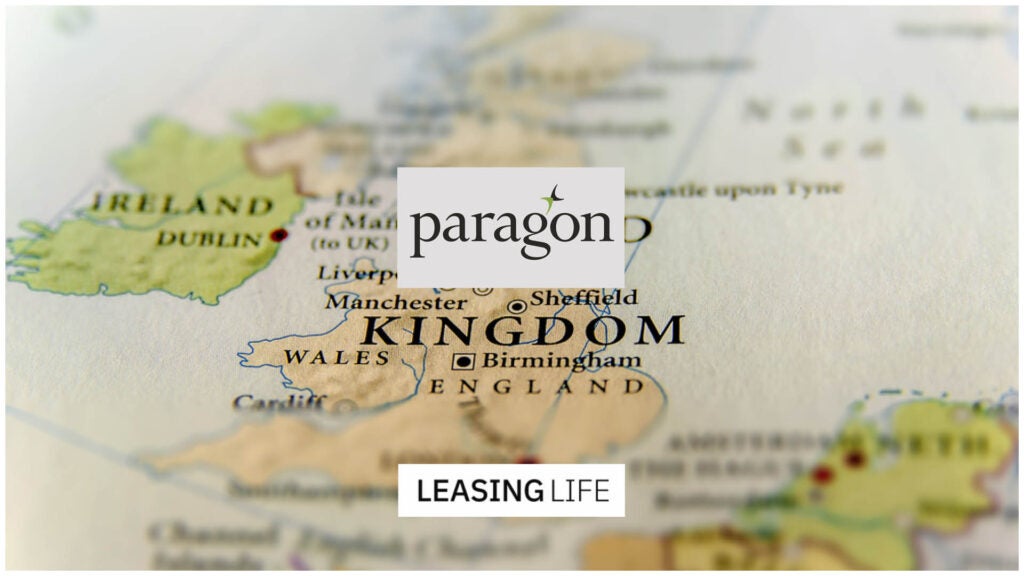
Interserve chairman Glyn Barker has warned that the company will have ‘nowhere to go’ if a rescue package is rejected by shareholders in a critical vote.
Contractor and construction company Interserve has a total debt of £827.9m, and has hundreds of public sector contracts in the UK. There is to be a vote held in an extraordinary shareholder’s meeting this Friday.
In an interview with The Telegraph over the weekend, chairman Glyn Barker said: “I am very worried. We’ve got nowhere to go, as we’ll run out of money and the banks will exercise their security.”
Interserve’s largest shareholder Coltrane is opposed to the deal, dismissing it as ‘terrible’ last month. Anger at the rescue plan stems in part from its provisions leaving shareholders with only 5% of the company. They would have the right to buy new shares back from the lenders, but only up to 33.3%.
Coltrane have offered an alternative rescue plan, which would give shareholders a 10% stake. The American private real estate brokerage currently holds 28% of shares in Interserve.
Of the deal proposed by Coltrane, Barker said: “It doesn’t work. My biggest wish is that Coltrane and our lenders agree a consensual deal. That would be better for everyone because it takes away all the uncertainty and we can all get on with life.”
How well do you really know your competitors?
Access the most comprehensive Company Profiles on the market, powered by GlobalData. Save hours of research. Gain competitive edge.

Thank you!
Your download email will arrive shortly
Not ready to buy yet? Download a free sample
We are confident about the unique quality of our Company Profiles. However, we want you to make the most beneficial decision for your business, so we offer a free sample that you can download by submitting the below form
By GlobalDataIf Coltrane unites with fellow shareholder Farringdon, already 34% of shares held will be by companies that oppose the deal.
If shareholders reject its debt for equity proposal in the in a vote, Interserve’s lenders could apply for a pre-pack administration.This would potentially avert collapse in the manner of Carillion, but would wipe out existing shareholders as Interserve’s lenders would own 100% of the company.
Two thirds of Interserve’s revenue derives from UK contracts, and it us understood that the UK government is keen for the deal to pass.
According to its accounts, Interserve also posted a £111m pre-tax loss for 2018. In 2017 the company reported operating losses of £220m, much of which was attributable to spiralling costs and delays in its ‘energy for waste’ projects.







